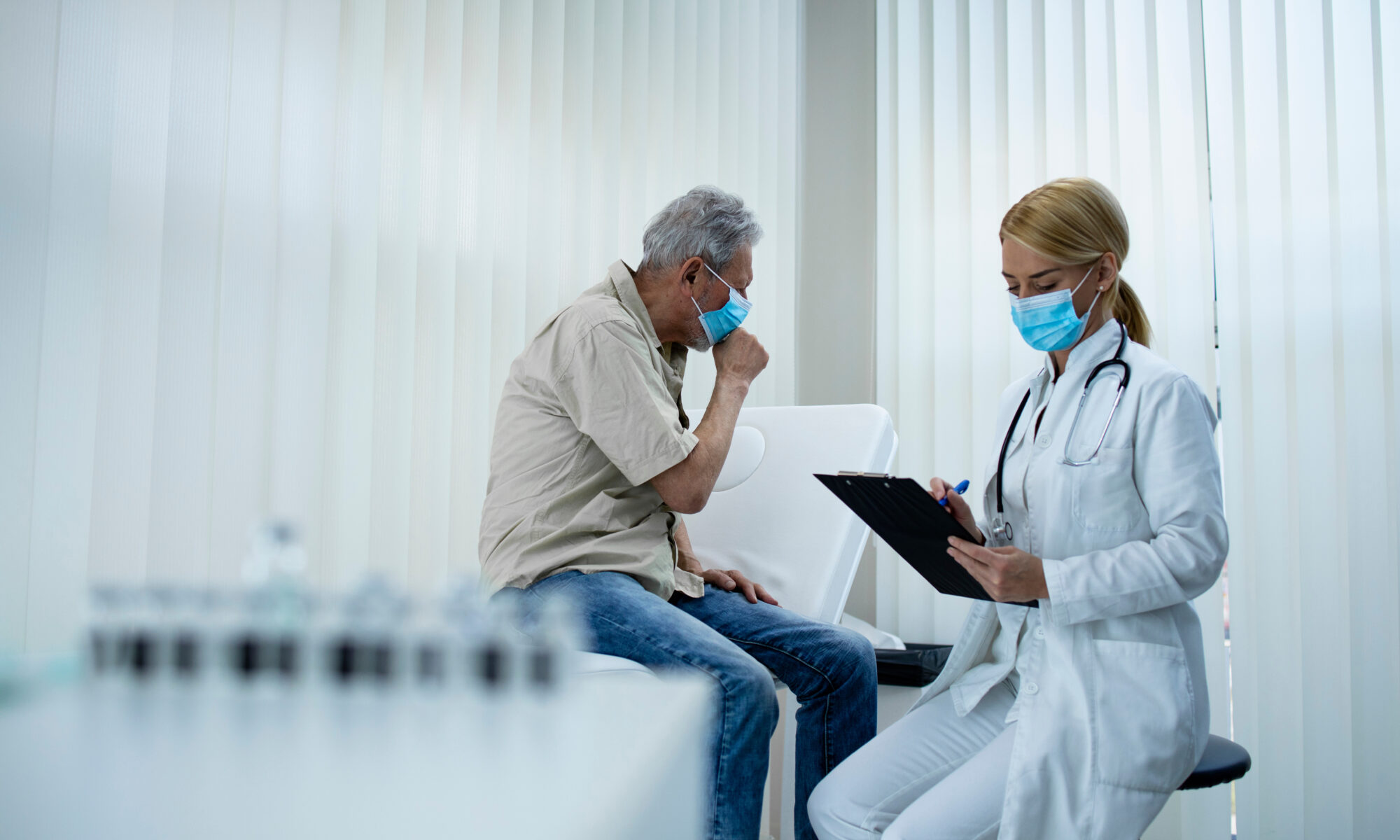Patients with rare cancers often face limited options for treatment, particularly given the fact that it is challenging to design clinical trials that enroll enough patients with these rare cancers to thoroughly test new therapies. This is very much the case for many brain cancers, which tend to be rare, deadly, and resistant to typical cancer therapies. In an effort to help counter this trend, Baylor Scott & White Research Institute (BSWRI) is actively pursuing research aimed at bringing more trial opportunities, and ultimately, potential future treatment options to patients with cancers of the brain. A notable advantage that BSWRI brings to this effort is its ability to link multiple sites across the Baylor Scott & White system under their clinical trials. In doing so, BSWRI is able to engage a more diverse population, and therefore more potentially eligible patients, across not only in the state of Texas, but neighboring states.




